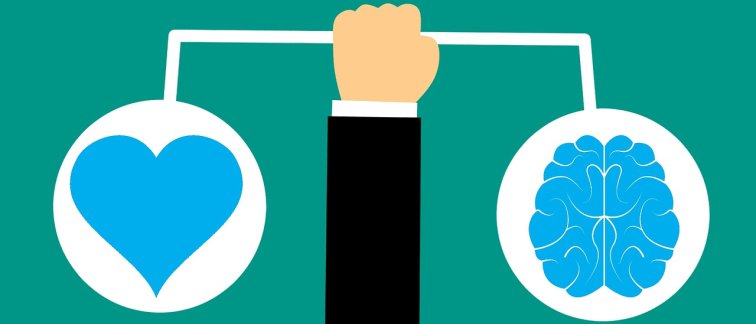By Jordi Cabanas-Danés
Emotional education
Since the moment we set foot in a school, we learn that our achievements and ultimately, our academic success, will mostly be measured by grades. There are several (negative) implications that follow this grading-system: grades are still largely focused around IQ and cognitive skills, they may promote toxic comparisons, and they echo beyond the school walls, impacting many other areas of life, such as personal growth and social interactions. Many alternatives are proposed to gain distance from traditional grading, such as embracing diversity, individual capabilities and progress. However, incorporating emotional intelligence (EI) into the equation remains ignored. Consequently, when growing up to become adults, we fill our backpack with knowledge, academic, artistic and other skills, shaping us into the professionals we are. But what about the skills that have to do with regulating and interacting with our own emotions as well as those of other people?
The brilliant and soft scientist
For many, starting a PhD trajectory is the first step into a setting in which academic grading either becomes somewhat secondary, or perseveres in the form of publications and impact factor. Nevertheless, in an environment with highly diverse individuals (background, age, life style, beliefs, etc.), effective teamwork is all the more important. In such an interactive position, it becomes hard to believe that your academic backpack will be enough to sustain the journey. A good portion of EI could make the trip a lot easier but emotions are often ignored in academia. Why is that? The answer is not simple but a large dose of stigmatization and shame is definitively part of it. Because be honest, would you rather be called a brilliant scientist or a soft scientist? But perhaps the most important question is: why don’t we strive to be both?
What is EI and what is it good for?
EI is a complex concept which includes perceiving, identifying, understanding, regulating and using emotions when thinking and reasoning. Although there is scientific evidence for such an ability, the lack of a clear definition of EI as a unique type of intelligence makes it difficult to grasp and measure. This is, in turn, part of the reason why it may be often considered redundant, a hype or even a myth. But just for a moment, let’s put our urge of wanting to label everything aside, and focus on the concept of acknowledging and effectively dealing with emotions. Would you agree that EI is as important as cognitive intelligence?
Research suggests that having a high EI positively correlates with health, especially with mental and psychosomatic health, but also with physical health.1 In practice, that means that individuals with a higher EI will tend to cope better with stressing events and will regulate their negative emotions better.2 In addition, EI has been suggested as a strong predictor of job satisfaction and linked to guiding the achievement of career success.3 This could be explained by the fact that people with a high EI will be more likely to work in teams, which in turn can become advantageous in achieving specific goals, while increasing motivation. Moreover, having an increased ability to adapt one’s feelings and emotions can also positively influence the perception of job satisfaction.
An honest reflection
During my career in research, I often found myself feeling I had to be a ‘tough’ scientist (whatever that even means), thereby neglecting my genuine interest in people and emotions. In retrospective, I realize that being my true ‘soft’ self, also in science, is what actually made me effective and strong in what I did and what I do. Altogether, I’d say that it can’t hurt to have an honest reflection about how you and others might feel and act, and whether you can learn to take emotions into account. Do not be afraid to fail, and use it as a learning opportunity for the next time.
Are you a PhD candidate and are you in need of advice or coaching? The PhD advisors are here for you. Get in touch with us for a consultation (phdadvisor@amsterdamumc.nl).
1Martins, A., Ramalho, N., & Morin, E. (2010). A comprehensive meta-analysis of the relationship between emotional intelligence and health. Personality and individual differences, 49 (6), 554-564.
2Extremera, N., & Fernández-Berrocal, P. (2006). Emotional Intelligence as Predictor of Mental, Social, and Physical Health in University Students.The Spanish Journal of Psychology, 9 (1), 45-51.
3Urquijo, I., Extremera, N., & Azanza, G. (2019). The contribution of emotional intelligence to career success: Beyond personality traits. International journal of environmental research and public health, 16 (23), 4809.

